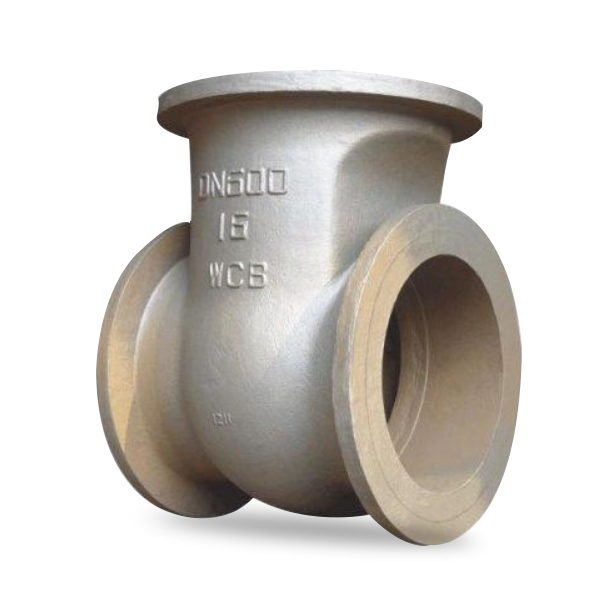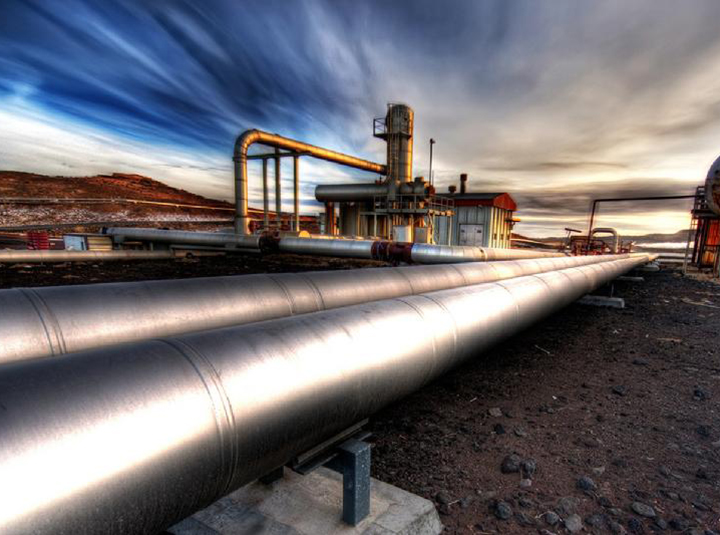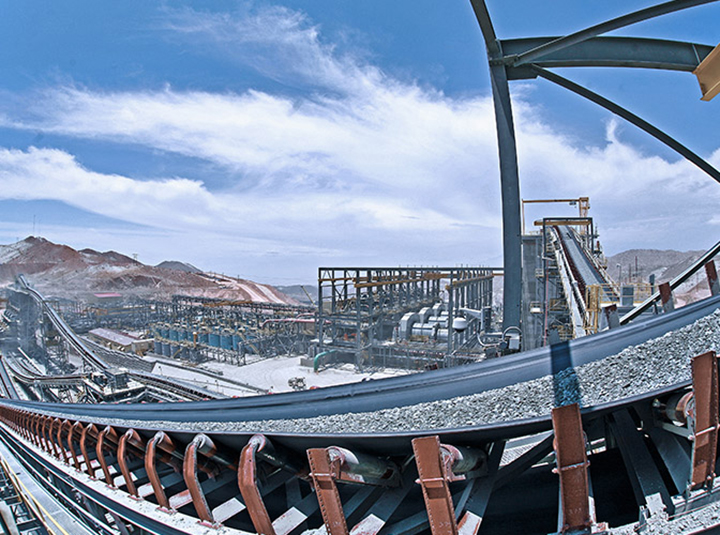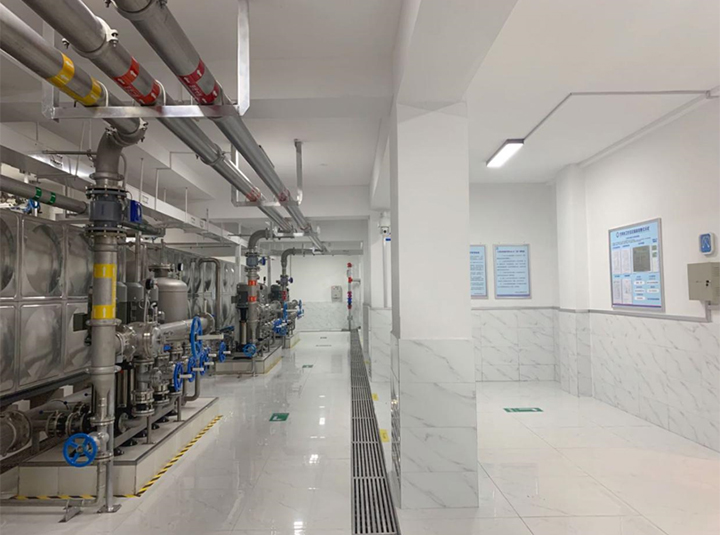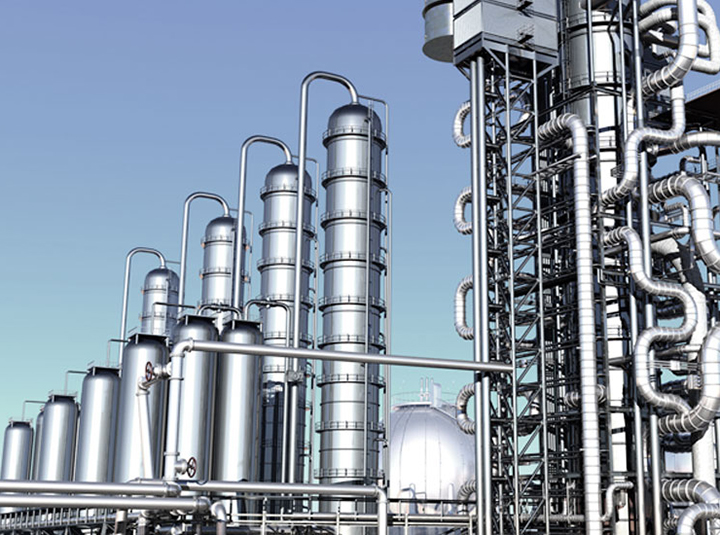There is no universal valve in the world, only after careful selection of the valve to adapt to some specific materials, understand the valve commonly used materials applicable scenarios, can help us in the selection of the valve more accurate.
1, cast iron valves: suitable for water, steam, petroleum products, ammonia and can work in the vast majority of drunkenness, aldehydes, ethers, ketones, esters and other less corrosive media. It is not suitable for hydrochloric acid, nitric acid and other media, but can be used in concentrated sulfuric acid, this is because concentrated sulfuric acid on its metal surface to produce a passivation film, preventing concentrated sulfuric acid corrosion of cast iron.
Silicon cast iron valves, corrosion resistance is very strong, can work well in all concentrations of sulfuric acid, nitric acid, phosphoric acid, acidic salts. But it is not resistant to the corrosion of fluorine acid, strong alkali, hydrochloric acid and hot solution of triple grasping iron. Avoid rapid heat and cold when using, otherwise it will blow up.
Nickel cast iron valves, which have higher alkali resistance than ordinary cast iron, are used in dilute sulfuric acid, dilute hydrochloric acid and caustic soda.
2, carbon steel valves: carbon steel valves corrosion resistance and gray cast iron is similar, slightly inferior to gray cast iron.
3, stainless steel valves: stainless steel valves are resistant to nitric acid and other oxidizing media, but also resistant to alkali, water, salt, organic acids and other organic compounds gut corrosion. But not resistant to sulfuric acid, hydrochloric acid and other non-oxidizing acid corrosion, and not resistant to non-drying hydrogen, oxidizing atmosphere and oxalic acid, lactic acid and other organic acids.
Stainless steel containing platinum has superior corrosion resistance compared to nickel stainless steel. It has better corrosion resistance in hot organic acids, chlorides, and chromium nickel stainless steel, as well as better resistance to pitting corrosion.
Stainless steel containing high chromium and high nickel, such as chromium 20 nickel 22-30 stainless steel, its corrosion resistance is higher than ordinary stainless steel, can be used to deal with sulfuric acid, phosphoric acid, clubbing acid, sulfurous acid, organic acids, alkalis, salt solutions, hydrogen sulfide, etc., and can even be used for high temperature occasions under certain concentrations. However, it is not resistant to corrosion by concentrated or hot hydrochloric acid, wet nitrogen, chlorine, Australia, iodine, aqua regia, etc.
4, copper valves: copper valves have good corrosion resistance to water, seawater, a variety of salt solutions, organic matter. Sulfuric acid, phosphoric acid, acetic acid, dilute hydrochloric acid, etc. that do not contain oxygen or oxidizing agents have good corrosion resistance, while alkali has good resistance. However, it is not resistant to the corrosion of oxidizing acids such as nitric acid and concentrated sulfuric acid, nor is it resistant to the corrosion of molten metals, sulfur and sulfides. Never contact with ammonia, has been able to make copper and its alloys produce stress corrosion rupture. Selection should be noted that the different grades of copper alloys, its corrosion resistance has certain differences.

5, aluminum valves for strong oxidation of concentrated nitric acid corrosion resistance is very good, resistant to organic acids and solvents, but in the reducing medium, strong acid, strong alkali corrosion resistance. The higher the purity of aluminum, the better the corrosion resistance, but the strength decreases, can only be used for lining valves.
6, iron valves: Chin is an active metal, at room temperature can generate a very good corrosion resistance of the oxide film. It can resist seawater, a variety of atmospheric compounds and sub-atmospheric acid salts, wet chlorine, oxidizing acids, organic acids, alkalis and other corrosion. However, it is not resistant to the more pure reducing acid, such as sulfuric acid, hydrochloric acid tree corrosion, but resistant to nitric acid corrosion containing oxidizing agents. Chin valves have good resistance to pore corrosion, but produce stress corrosion in red fuming nitric acid, catcher, methyl intoxication and other media.
7, drilling valves: orange also belongs to the active metal, it can generate a tight oxide film. It has good corrosion resistance to nitric acid, gramic acid, lye, molten alkali, saline, urea, seawater, etc., but does not resist the corrosion of hydrogen atmospheric acid, concentrated sulfuric acid, aqua regia, and also does not resist the corrosion of wet grasping and oxidizing metal grasping compounds.
8, lead valves: lead also belongs to the active metal, its corrosion product film is a very strong protective layer. It is sulfuric acid resistant famous material, can be in phosphoric acid, chromic acid, carbonic acid and neutral solution, seawater and other media, it has high corrosion resistance. However, it is not resistant to the corrosion of glass and hydrochloric acid, and it is not suitable for working in their corrosion products. Lead is soft and only suitable for valve lining.
9, ceramic, glass, enamel valves: ceramics, glass Rui, enamel is silica-based fused or wrought products, they have a high corrosion resistance, in addition to not resistant to oxygen atmosphere acid, fluorosilicic acid and strong alkali, can be resistant to hot concentrated nitric acid, sulfuric acid, hydrochloric acid. The valves are made of high corrosion-resistant products, which have high corrosion-resistant ability. Such valves, such as the use of other materials, selection of media, should consider the corrosion resistance of other materials.
10, rubber lined valves: different categories of rubber, its corrosion resistance varies greatly. After vulcanization of natural rubber, can resist the corrosion of non-oxidizing acids, alkalis and salts, but does not resist the corrosion of strong carrier agents, such as nitric acid, gramic acid, concentrated sulfuric acid, and also does not resist the corrosion of petroleum products and certain organic solvents. Therefore, natural rubber is gradually replaced by synthetic rubber. Good, but not resistant to City chemical acid, aromatic hydrocarbons, vinegar, ketones, ethers and other strong solvents corrosion, acids, alkalis, salts, petroleum products, hydrocarbons, etc., but solvent resistance is less than the atmosphere of plastics, synthetic rubber in the butyl elastomers oil resistance atmosphere of the rubber corrosion resistance is excellent, and can withstand the corrosion resistance of various types of polyether rubber can be used for water, oil, nitrogen, alkali and other media. Other synthetic rubber will not be listed.
11, glass fiber reinforced plastic valves: glass Rui Li corrosion resistance, is different with its adhesive. Epoxy FRP can be used in hydrochloric acid, phosphoric acid, dilute sulfuric acid and some organic acids, phenolic FRP corrosion resistance is better, barking FRP has better alkali resistance, acid resistance from and comprehensive corrosion resistance.

12, . Plastic valves. Plastics all have a certain corrosion resistance, with the different types of plastic, its corrosion resistance varies greatly.
Nylon:
also known as polyglutamine, it is thermoplastic, has good corrosion resistance. Resistant to corrosion of dilute acids, salts and alkalis, good corrosion resistance to zao, ketone, ether, ester, oil. However, it is not resistant to strong acids, money chemical Xin, phenol and formic acid corrosion.
Polyvinyl Chloride:
Polygrip vinyl is a thermoplastic with excellent corrosion resistance. Resistant to acid, alkali, salt, organic matter. However, it is not resistant to concentrated nitric acid, fuming sulfuric acid, civil specialty intoxicants, ketones, halogenated species, aromatics and other corrosion.
Polyethylene:
Polyethylene has excellent corrosion resistance, it has good corrosion resistance to hydrochloric acid, dilute sulfuric acid, hydrofluoric acid and other city acid, as well as dilute nitric acid, alkali, salt solutions and organic solvents at room temperature. But not resistant to concentrated nitric acid, concentrated sulfuric acid and other reinforcing agents of corrosion.
Polypropylene:
polypropylene thermoplastic, corrosion resistance is similar to polyethylene, slightly better than polyethylene. It is resistant to most organic and inorganic acids, alkalis and salts, but has poor corrosion resistance to strong oxidizing acids such as concentrated nitric acid, fuming sulfuric acid and sulfuric acid.
Phenolic plastic:
can resist hydrochloric acid, dilute sulfuric acid, phosphoric acid and other non-softening acid, salt solution corrosion. But not resistant to nitric acid, geric acid and other strengthened acid, alkali and some organic solvents gut corrosion.



